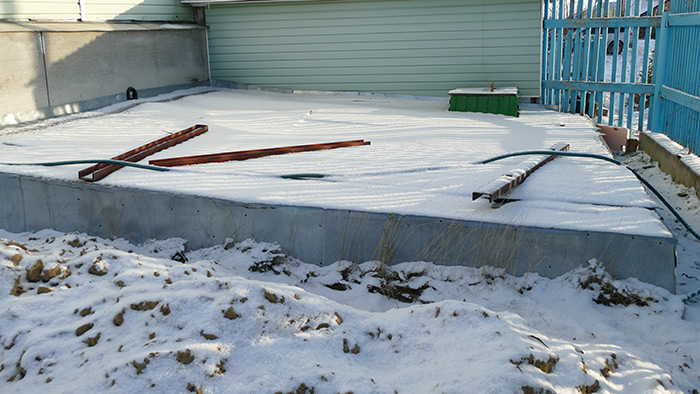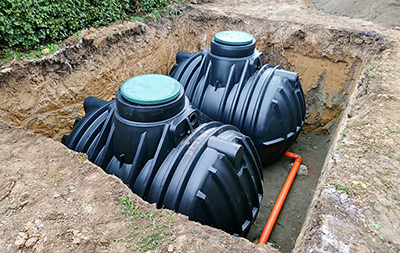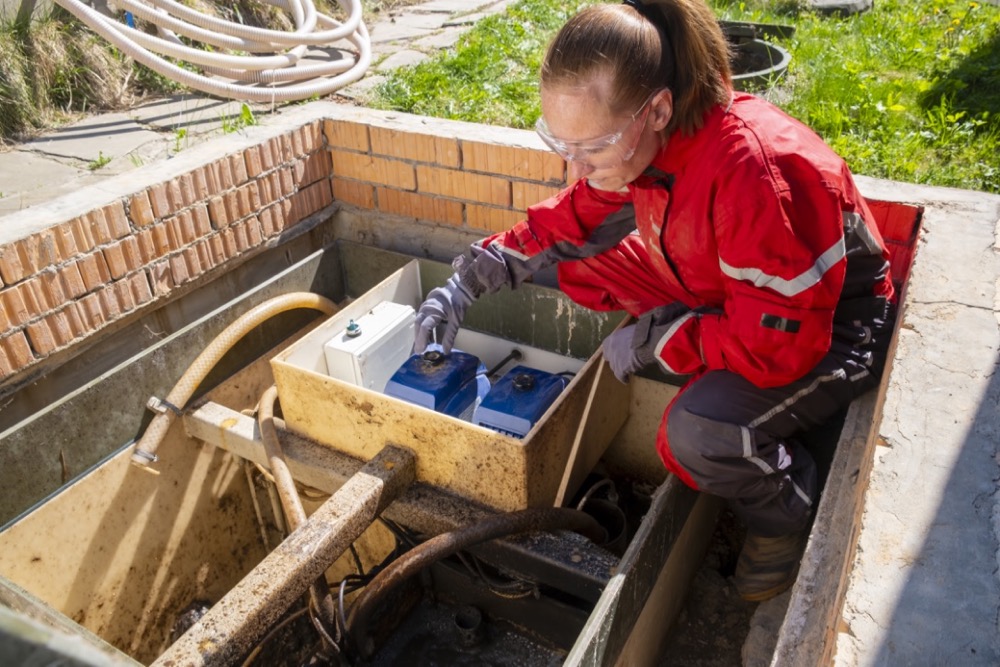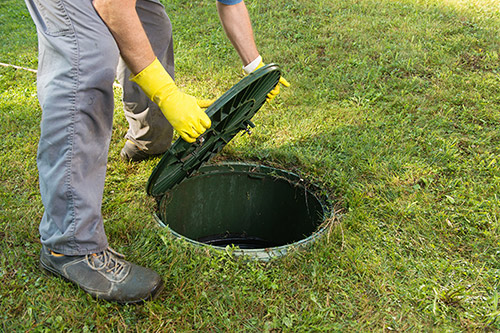
Winter is on it's way, and it's going to be cold.
There's nothing worse than having your septic freeze over during winter. Below are some of the most common freezing issues that septic owners face as winter sets in:
No protective cover from snow.
Your septic system needs an insulating cover or blanket. The tank and the drain field, mound, or trench, should all have this cover to trap heat inside the system. As you know, there are resident anaerobic bacteria in the septic tank that break down the solid waste materials and treat the raw wastewater that your household produces. The heat maintains a high level of metabolism among the bacteria. If you don't provide a good snow cover, the frost will go deep into the septic components, eventually freezing the entire system.
Soil compaction.
This is caused by placing heavy vehicles and structures over the septic system. When this happens, the septic underneath freezes more easily, resulting in damaged septic parts and eventually a failed system.
Snow compaction.
Snow that is compacted insulates poorly. When you drive over the septic, you compact the snow and this pushes the snow even deeper into the septic. Always use insulated pipes in your septic so that your septic system will still be insulated, even if you drive over your septic in the winter.
Long intervals of not using the septic.
This often happens to various vacation homes that are not always used during the weekend. It also takes place in homes where there are only one or two inhabitants. Wastewater does not enter the septic system regularly to prevent it from freezing.
Not enough plant cover.
This usually takes place during the fall when there are new septics installed. Not enough plant cover is established before winter. The vegetative cover helps insulate the septic and also aids in holding the snow.
Leaks in the plumbing system.
If there are leaks, the small amounts of water that enter the septic will easily freeze the system over. The water discharged by humidifiers and furnaces also add to the moisture because of the discharge that they release in small amounts.
Poor drainage in the pipes.
When pipes are deteriorated, full of back-filled soil, or poorly installed, water tends to accumulate on one side and this liquid freezes over. Make sure that the wastewater drains out of the pipe.
System is waterlogged.
The septic becomes water logged when it is failing hydraulically. The water that goes to the side will freeze and this will prevent the next batch of wastewater from being treated.
Cold air is in the septic.
If you have it uncapped or open, surely cold air will enter the septic and freeze it over.
For more information on septic tank inspection, contact Morse Engineering and Construction.
visihow.com





